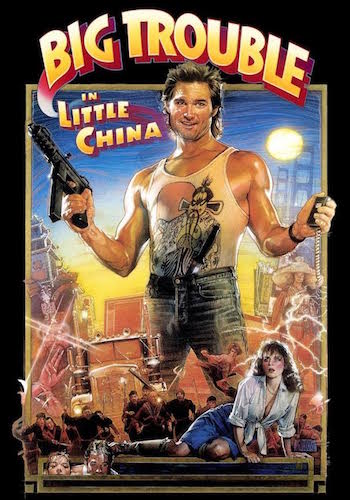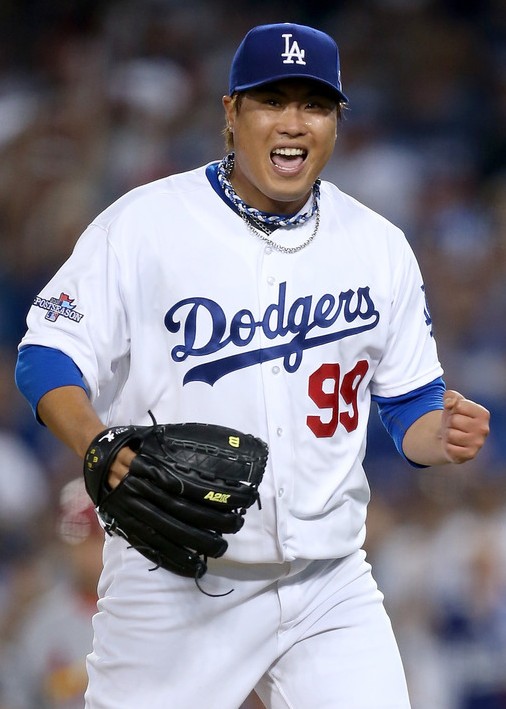One part box office dud criticized for racism. Another part cult classic praised for opening the door for Asian Americans in Hollywood. Put them together, and you get “Big Trouble in Little China,” released in 1986.
Peter Kwong, who played Rain in the film, Dennis Dun, who played Wang Chi, and others spoke to Uproxx this week about their experience working on the controversial project, which is now undergoing talks for a remake starring the half-black, half-Samoan Dwayne “The Rock” Johnson.
The film was initially met with harsh criticism. “This movie is straight out of the era of Charlie Chan and Fu Manchu, with no apologies and all of the usual stereotypes,” Roger Ebert said in his review back in ‘86. Indeed, film reception was largely negative because Asian American groups felt that the depiction of some of the characters was offensive – according to the Los Angeles Times that year, protesters passed out leaflets that said the film featured “a macho, smart-aleck white truck driver and his Chinese ‘yes’ man.”
Kwong recalled that during his audition, there were many Asian Americans on hand, mostly martial artists, who landed jobs as extras. They would join James Hong (playing Lo Pan) and Victor Wong (as Egg Shen) in what would be a primarily Asian cast. Though he was booked as Rain, Kwong said, he did not know that it was a comedy throughout filming. It showed – in the movie, he came off as a serious baddie.
Dun said he had a bit of a different experience. His wife didn’t want him to be in the film because she didn’t like the script, which perpetuated negative stereotypes Asian Americans of the time hated – kidnappers, gang members, pimps. He decided to take the role anyways, because it was controversial roles that got him acting in the first place.
But both Kwong and Dun recalled director John Carpenter’s inclusive work ethic. Kwong remembered how they had meetings with the cast and crew, where Carpenter would ask for a lot of input. “I want you guys to bring what you can to the table,” Carpenter would tell them.
The cast took this opportunity to make something that felt authentic, but less offensive. “John Carpenter had that kind of vision because he understood that we were Americans,” Dun said. “I think there was an openness to find out who we were.”







